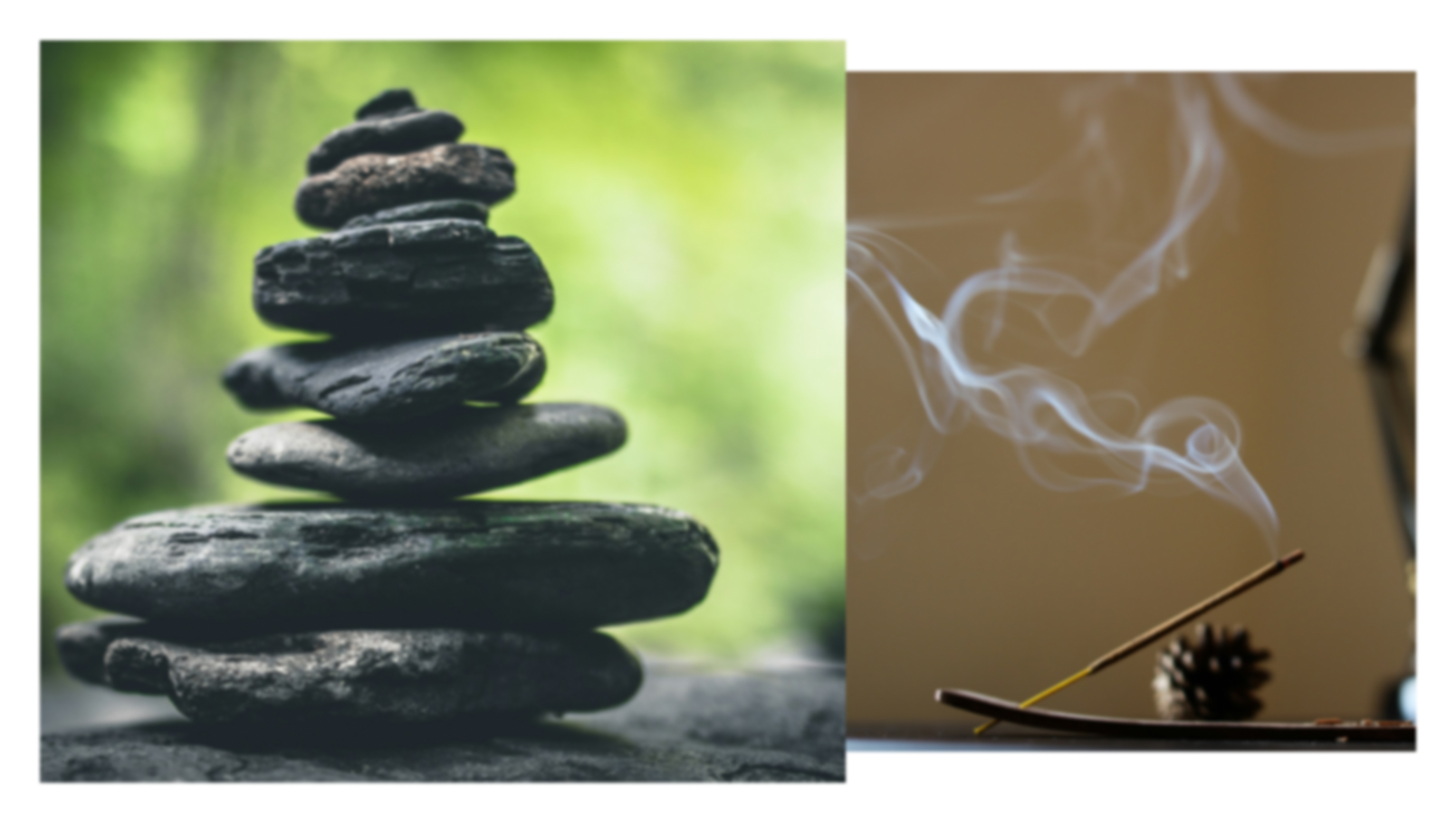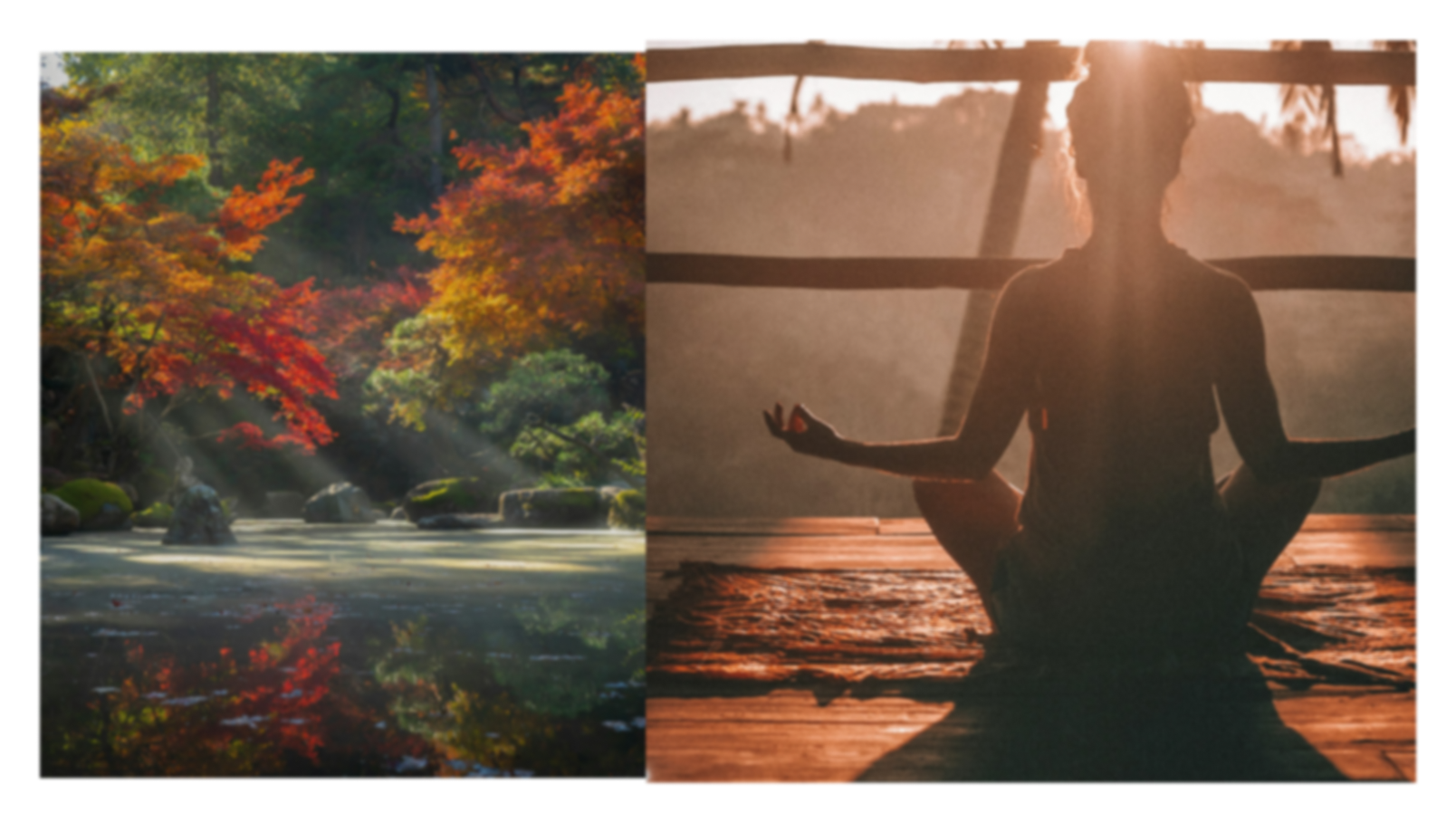Stay updated with the latest news, exclusive insights, and more.

Zen or Zazen refers to the teachings and philosophy of the Zen sect of Buddhism. It expresses a free mind that is not bound by anything, especially attachments to material things.
Steve Jobs founded Apple Inc. and changed the world with products such as iPods, iPads, and iPhones. Zen was one of the sources of his creativity; Jobs visited Japan when he was young and was deeply influenced by Zen philosophy. In Silicon Valley, Zen is talked about like a myth among creative people (along with microdosing LSD, but that’s a topic for a different article perhaps).
So, what exactly is Zen? And why are so many innovators attracted to it? Let’s explore the essence of Zen, how to practice it, and its relationship with Japanese culture.

Even today, we often hear about it in relation to mindfulness and other things. There is a phrase I personally like about Zen:
Hōgejaku: This means to abandon all attachments, especially delusions and vexations, and even to abandon Buddha and enlightenment.
In Zen, by focusing only on “being here now” and abandoning all attachments to other things, you can achieve a free mind that is not bound by anything. Therefore, you should aim to not be attached to anything.
If you get caught up in trying to avoid attachment, you will never be free.

There is a saying that goes “meditation in summer, zazen in winter”.
Are you surprised that meditation and zazen are different? You're right to be surprised; although they are often conflated, they are in fact very different.
Meditation is a method of relaxing the body, feeling the breath, calming down, returning to the physical body, and forgetting about thoughts.
Zazen, on the other hand, is a method of using willpower to restrain the body and thoughts, which have been moving around, and to whip them into shape, and to eradicate them.
In this way, meditation is said to suit the summer, zazen the winter. This is due to the routes of their transmission.
If you trace meditation back, it originates from the warm climate of India, while zen originates from the cold climates of China and Tibet.
Meditation is best done in a place with plenty of greenery and a warm, gentle sunlight, while zazen is best done indoors, where the air is cold and the snow is falling.
Meditation is like lying down in a hammock and feeling safe, while zen is like feeling safe on a stormy ship.

When you ask Japanese people about the characteristics of Japan, many of them will mention the four seasons. It's not that other countries don't have seasonal changes, but in Japan there is a very strong awareness of the four seasons and the various events are held in accordance with them.
The four seasons are rooted in the heart of the Japanese people, even at the center of their culture, in things like poetry, art, tourism, and food. In Japan, where the four seasons change the face of the land, you can feel the flow of nature.
Zen does not require any special religious beliefs or difficult doctrines, and anyone can practice it. Why not try meditation or zazen in the rich four seasons of Japan? By becoming one with nature and freeing your mind, you may discover something new and be inspired.
FYI:List of temples where you can experience Zen in English
https://tokyo.com/guide/see-do/zazen-at-seishoji-temple
https://www.kenchoji.com/news/#2775:~:text=ZAZEN in english
https://www.engakuji.or.jp/en/zazen/